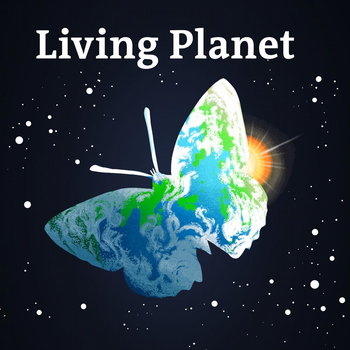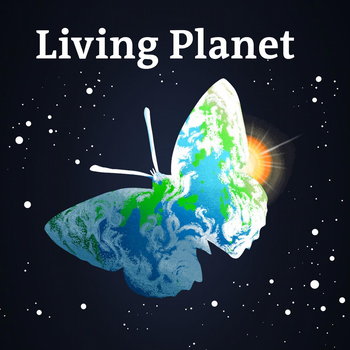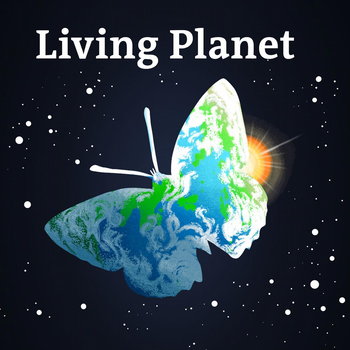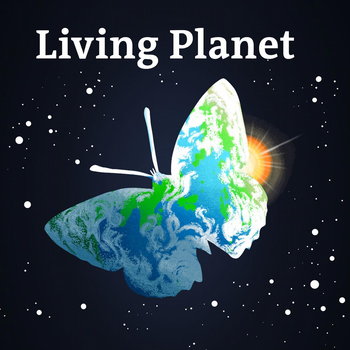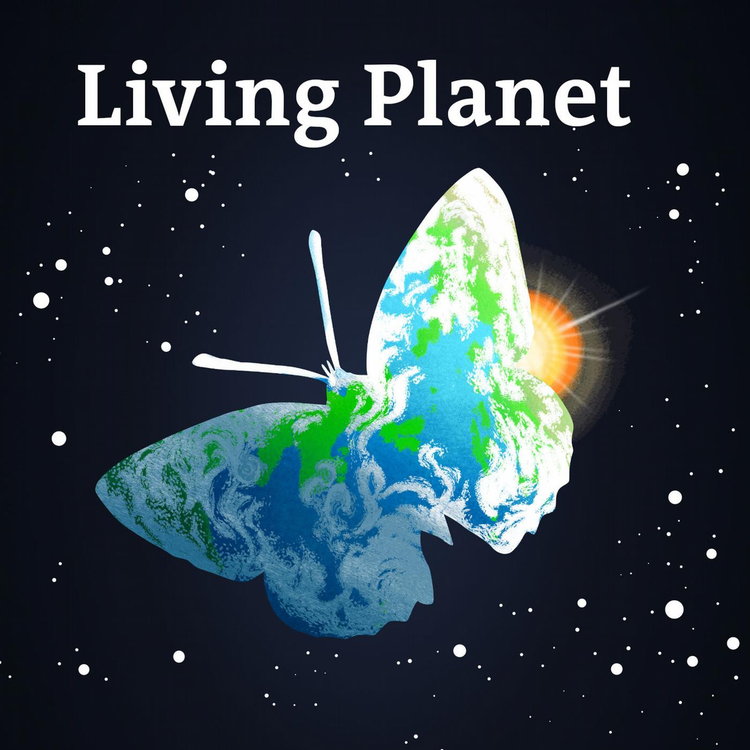
What the economy gets wrong about nature
Loading player...
What’s a forest really worth? Or a pollinator, or a reef? In this final episode of The Cost of Climate Change, we travel to Tasmania's underwater forests to uncover the hidden costs of nature loss and what the economy's been ignoring - from vanishing carbon sinks to collapsing food systems. But there’s another side to this story: what we can save by putting nature first.

